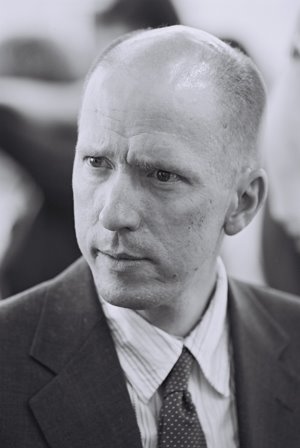The biological argument, summarized by Kolbert, says we humans were designed by evolution to put on fat whenever possible. Famine situations were much more likely than abundance so it was costless in evolutionary terms to give us insatiable desires for fatty foods.
The economic argument, summarized by Kolbert, Becker, and Posner is that it's now cheaper to get fatty foods than it used to be and opportunity cost of exercise has risen. Becker adds that medical treatments for health consequences of obsesity have also improved. Economic agents naturally do more of things that have become cheaper and less of things that have become more costly.
These explanations don't really conflict with each other in terms of predictions but they have different implications for the optimality of the rise in obesity. The economic story is consistent with the idea that getting fat is a utility-maximizing response to the falling cost of fat.
Posner thinks there are externalities so the rise in obesity may not be socially optimal.
The biological and economic explanations don't address the issue of why we have not ALL become fat. Presumably there is heterogeneity in the desire for fatty foods. Another idea that Posner alludes to is heterogeneity in self-control. He supports this by pointing out that higher educated people tend to be slimmer, and this difference does not seem to be just an income effect. Both education and low-fat diets involve decisions to make costly efforts now for future benefits. Presumably people with more develop pre-frontal cortexes are better able to make both decisions.
I like the idea that I have a better PFC than other people. But actually I think I'm slimmer mainly because of lower appetite.

No comments:
Post a Comment